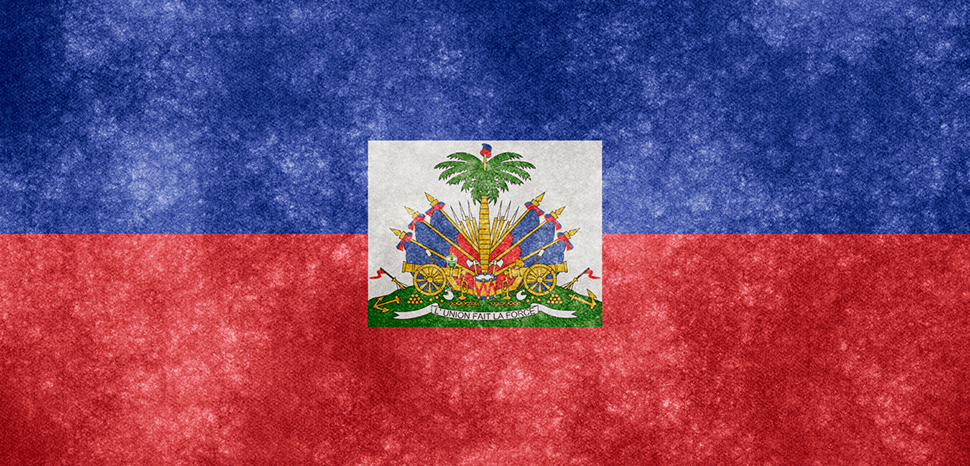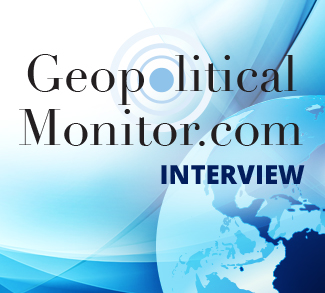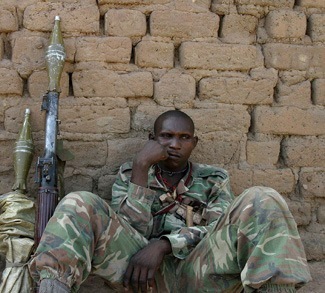That Haiti’s transitional government took power on April 25, 2024 in Port-au-Prince—for security reasons, shrouded by secrecy—was a salient enough occurrence for a country on the edge of a political precipice and in the vice-grip of a multidimensional crisis.
For one thing, it is a nod to the Caribbean Community (CARICOM)—among others—which pulled out all the stops to come to Haiti’s aid in this precarious moment.
For another, it provides a much-needed sign of better times to come. Haitians residing in-country have endured years of political instability and hellish lived conditions, a combination of factors which weigh heavily on their everyday milieu.
This reality simultaneously took its toll on democracy rooting itself, just as much as the thin stature of democracy therein has had a bearing on the milieu in question.
On the back of a political history of Duvalier era dictatorship, then, the transition to democracy in Haiti has been fragile. It hit a major stumbling block in 2019, when constitutionally due general elections were called off. Two years later, as Haitian civil society had feared all along, the prospects for the exercise of the franchise by Haitian voters went from bad to worse.
Following the assassination of President Jovenel Moïse in July 2021, with Prime Minister Ariel Henry taking up the reins of power thereafter, Haiti’s electoral limbo became all the more acute.
The political developments in Port-au-Prince yesterday, then, show rare progress in the realm of Haitian political change.
The era of the embattled and ad hoc government led by Henry, whose resignation (which has now come to pass) was tied to the advent of this political transition, is over—sort of.
Michel Patrick Boisvert, who served as finance minister in Henry’s government, is the newly-installed interim prime minister. Boisvert will serve in this capacity “until the transition council appoints a new head of government, a cabinet and a provisional electoral council set to pave the way for an eventual vote.”
That Henry lost Washington’s political backing in recent months sped up the groundwork for the ongoing political transition, whose conditions and framing have a lot to do with the yeoman diplomatic efforts of the CARICOM bloc—of which Haiti is a member—to turn things around.
Whether this moment marks a turning point for Haiti, though, is an open question.
The gang-fueled unrest that has beset the country—hardening in place since earlier this year, when this latest crisis was triggered—reportedly continues. This serves as a reality check for the new, albeit, transitory powers that be.
They will likely not have an easy go of it, as they lean in on what hopefully is sustained engagement with a variety of stakeholders—in a purpose-driven manner, seized of the moment of opportunity, but also of peril.
CARICOM and the other key players will no doubt remain engaged in the process, not least because of previously agreed upon arrangements to do so.
This is one key to the hoped-for success of this new, particularly sensitive political era in Haiti.
The hopes of a beleaguered nation and its many backers, in the regional Community and wider international community, are riding on the transitional government’s success at prosecuting a relatively discrete mandate.
The politics involved in seeing a way forward give many pause, though, suggesting that—once again—the significance of this new political moment should not be overstated.
Given the gravity of the crisis currently facing Haiti, the discouraging reality that has befallen it, this is a time for all concerned to continue to put their shoulders to the wheel.
Haiti is not out of the woods yet; not by a long shot.
The bottom line is that the potential for things to go sideways is high, especially if the gang problem is allowed to fester and if political forces sacrifice the country’s renewed (and tentative) democratic march on the altar of power games.
Far from being chastened by the arrival on the political scene of the new government, transitory as it may be, the criminal armed gangs will likely play on the prevailing circumstances—against a backdrop where state authority has long been in collapse and they have increasingly “taken control as democracy withers.”
Those in authority, charged with putting things in place for a transition to electoral democracy, have little choice but to confront the ubiquity of gang influence in societal strata. It will be an uphill battle to wrest Haiti from the hands of gangs, who have historically been ensconced in the country’s political culture. But a third party’s pledge to render requisite assistance—in the wider context of security imperatives—is on the table.
Can these and other pertinent, pressing issues be managed well? We will have to wait and see.
The core question, though, remains the same as it always has regarding Haiti: Can those charged with such awesome responsibility as regards steering the future course of the world’s first Black Republic rise above the (political) fray, such that the country’s peoples can have a real chance to turn the tide in their quest for human and national development?
Absent an answer—to suit the times—to this question, the political upside of this moment will be fleeting.
The views expressed in this article belong to the author(s) alone and do not necessarily reflect those of Geopoliticalmonitor.com.




